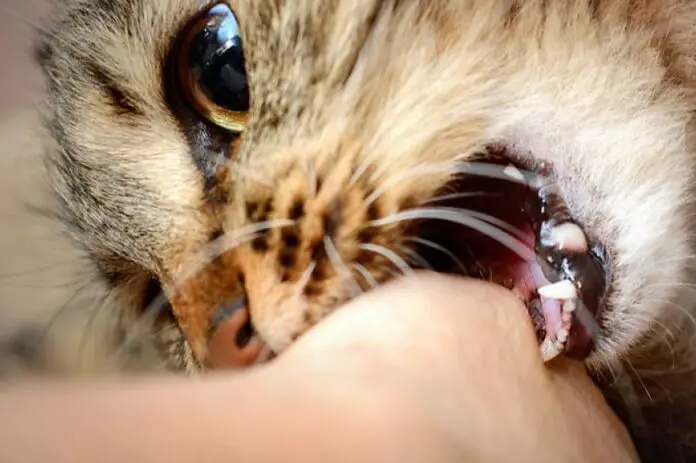Researchers from Mexico have detected nine cases of rabies in cats across the region, highlighting a worrying trend that could spread if not addressed.
The researchers, led by Aurea Mariana Salgado Cardoso from Mexico’s Institute of Epidemiological Diagnosis and Reference (Indre), attribute the increase in cat rabies cases to human expansion into the jungle. Over the past 20 years, Yucatan’s population has grown significantly, leading to deforestation and habitat destruction. This has facilitated the introduction of new animals, including possible hosts and pathogens, contributing to the emergence of infectious diseases.
According to data from Mexico’s National Institute of Statistics and Geography (Inegi), the Yucatecan population increased from 1.7 million in 2000 to 2.3 million in 2020, with a projected loss of 8,688 hectares of forest land by 2024. Forest cover is essential for preventing the transmission of rabies by wildlife species such as skunks and raccoons.
Between 2003 and 2022, Indre and the Regional Information System for Epidemiological Surveillance of Rabies (Sirvera) recorded 489 cases of rabies in Yucatan, including nine cats. Four cases were detected in Merida, two in Muna, and one in Cuncunul.
The researchers note that the most recent case involved a vampire bat virus-infected cat, emphasizing the importance of monitoring antigenic variants of rabies.
Cats are natural predators of species like bats, birds, and rodents, and their presence in urban areas poses a threat to public health. In fact, a study conducted in Yucatan found that cats preyed mainly on bats in rural areas and sparsely populated urban areas.
Regarding the origin of the infected cats, researchers believe they may have been exposed to rabies while roaming freely outdoors or capturing bats. Four cats were rescued from the Muna-San José Tipceh highway in 2017, and three others were adopted by residents before showing symptoms of rabies.
To prevent contagion, authorities vaccinated pets within a one-kilometer radius of the infected cats and individuals who had contact with them.
The researchers warn that cats can be potential vectors of the rabies virus, emphasizing the need for improved vaccination coverage against rabies in all susceptible species. As pet ownership is widespread in Yucatan, with 478,176 domestic cats reported by Inegi’s National Self-Reported Well-being Survey (Enbiare) in 2021, it’s essential to maintain a high level of vigilance.
The resurgence of rabies infections in cats in Yucatan warrants concern and calls for increased awareness among the population about the risks associated with cat ownership. By promoting vaccination coverage and responsible pet care practices, we can mitigate the spread of this deadly disease.
Source: Diario de Yucatan






